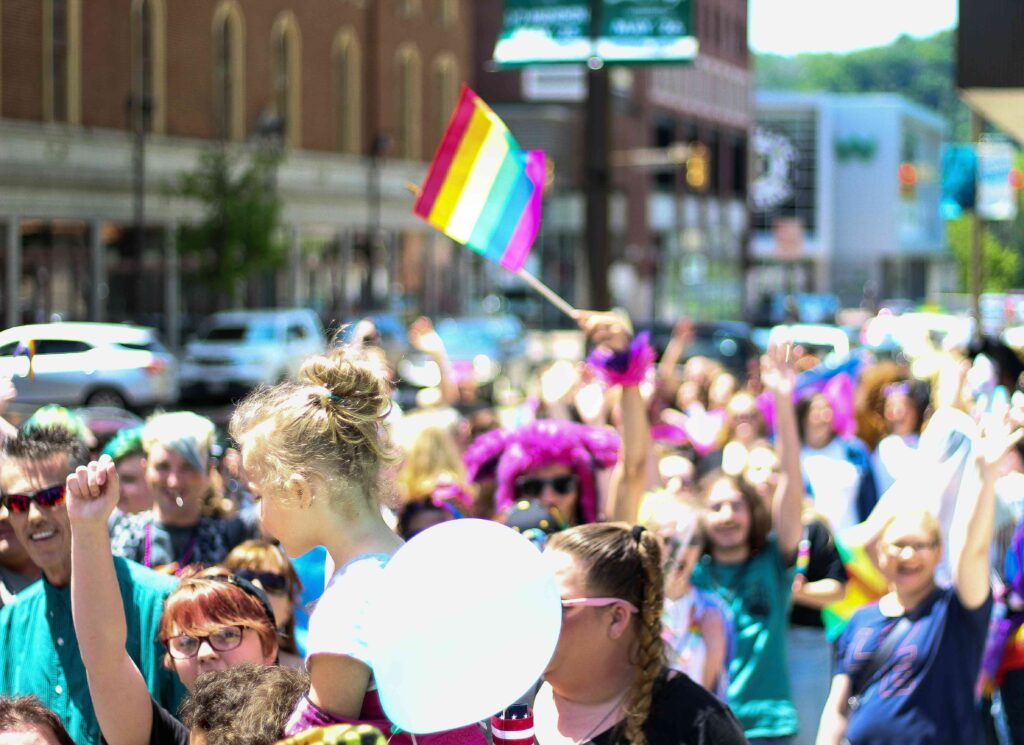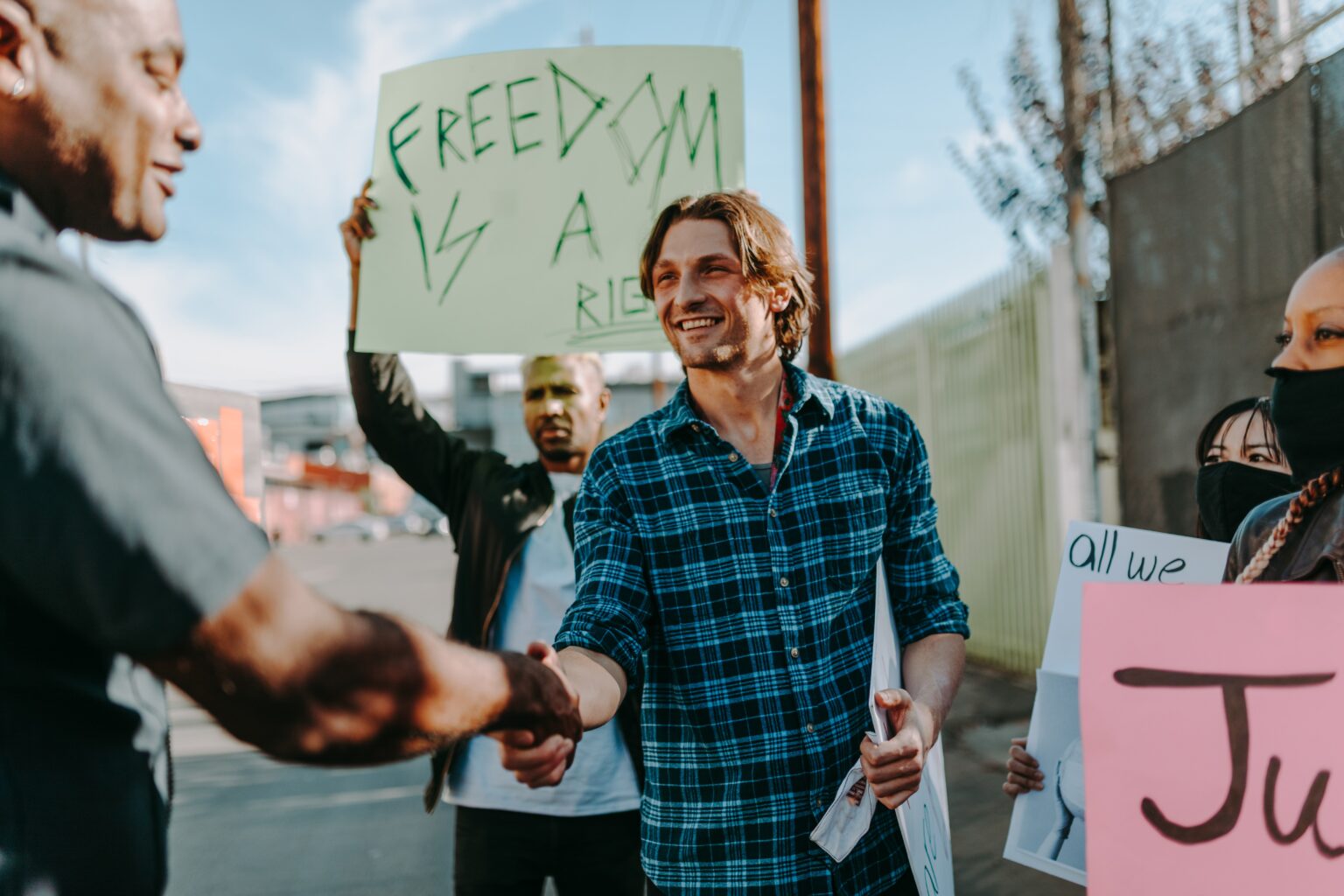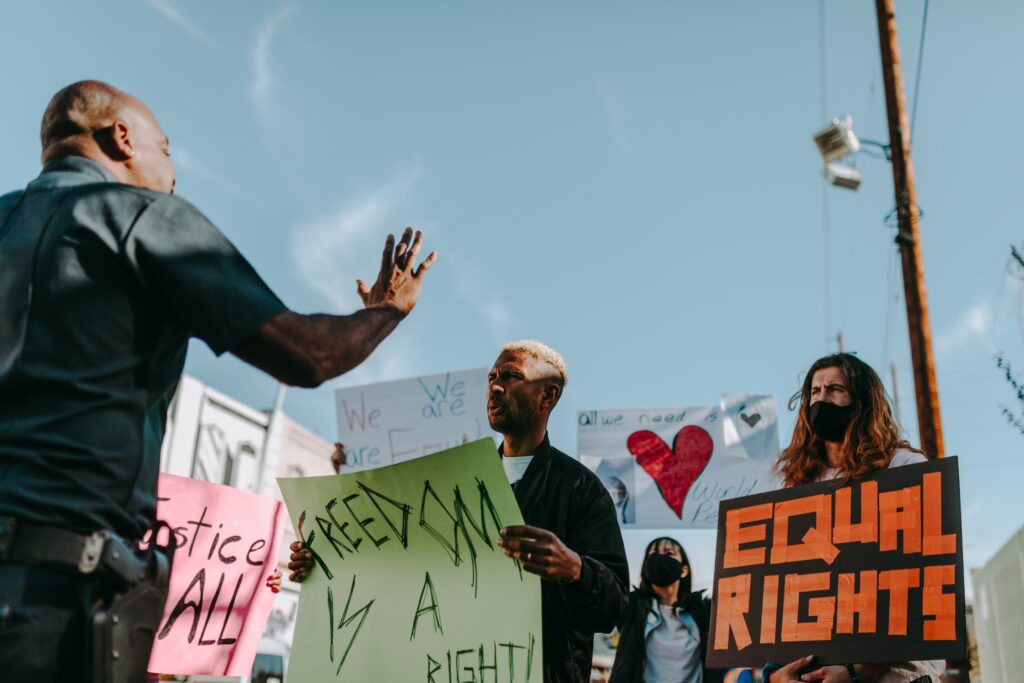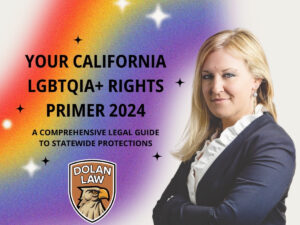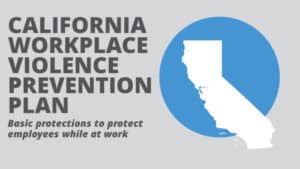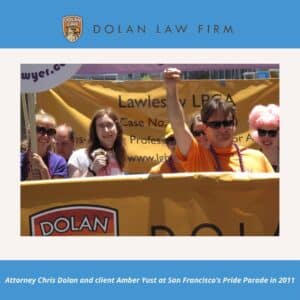For over 20 years, the Dolan Law Firm has worked to protect the civil rights and fought for full and complete equality of all persons in cases filed in federal and state court in San Francisco and across California. On behalf of our courageous clients, we have stopped discrimination embedded in workplace polices and practices that caused them deep emotional pain and prevented their career advancement. We have represented clients who were denied the protection from discrimination by business establishments. We also have fought for civil rights violations by the government or its officials.
Specific areas of the law our civil rights attorneys focus on include:
- Upholding the rights of Lesbian, Transgender, Bisexual & Transgender persons: In 2016, The Advocate selected Chris Dolan as one of the top 25 Attorneys Fighting For Trans Rights, helping transgender persons secure their equal rights.
- Representing individuals whose civil rights were violated by law enforcement officers in police misconduct, excessive force cases, prison abuse claims, prison neglect lawsuits and law enforcement wrongful death lawsuits.
- Representing the parents of special needs students abused or neglected by teachers, aides, or other school staff as well as students assaulted by other students and third parties in lawsuits against the school district for failing to properly supervise and safeguard the students.
- Individuals subjected to outrageous discrimination and slurs on the basis of their religion and/or nation of origin.
- Individuals subjected to hate violence on the basis of their race, national ancestry and religion.
The civil rights lawyers at the Dolan Law Firm are proud to be strong legal advocates for every person and every community in California. We are here to protect you and your rights.
If you feel your rights were violated or if you are currently experiencing a violation of your civil rights, speak up and start working with an experienced civil rights lawyer to rectify the issue. In addition to seeking justice for yourself, you can seek monetary compensation for your damages related to the violation and set a precedent in your workplace, your child’s school district, or your community that will protect others’ rights in the future.
What are some examples of civil rights in the U.S.?
Civil rights are the rights that grant individuals social and political equality with every other person, regardless of race, sex, sexual orientation, religion, national origin, disability or other characteristics.
Civil rights are guaranteed by the U.S. Constitution and civil rights laws such as the Civil Rights Act of 1964 and California state regulations such as the Unruh Civil Rights Act and the Fair Employment and Housing Act. Examples and areas of civil rights include:
- Freedom of speech
- Freedom of religion
- Freedom to vote
- Freedom against unlawful searches of your home or property
- Right to be free from discrimination
- Right to due process
What are some examples of civil rights violations?
Individuals living in the U.S. have many civil rights protected by law. Some examples of civil rights violations include:
- Discrimination in the workplace;
- Discrimination against an individual attempting to rent or buy a home;
- Failure of law enforcement to discuss an individual’s civil rights related to an arrest and questioning, such as the right to request that a lawyer be present during questioning;
- Using unnecessary force to restrain an individual under arrest;
- Searching an individual’s person, home, or vehicle without a valid search warrant or probable cause to conduct the search;
- Arresting an individual without a valid arrest warrant or probable cause to arrest him or her;
- Denying a child with special needs the opportunity to receive an appropriate education in a safe school environment; and
- Subjecting individuals to discrimination and other types of mistreatment based on their status in protected classes, such as their race or religion.
What can I do if I am a victim of police or law enforcement misconduct?
One of the most common and atrocious forms of civil rights violations comes from government officials, police officers, or other law enforcement officers. While many of these individuals go to work everyday with good intentions, the unlawful actions of those who abuse their power cannot be overlooked. Police or law enforcement officers who engage in misconduct can and should be held accountable.
Police or law enforcement misconduct in California is inappropriate or unlawful behavior by officers in their official capacity. Police misconduct occurs when law enforcement officers abuse their power or exceed the limits of their authority to deprive a person of their civil rights. Police misconduct can take on many forms. Examples include:
- Unlawful detainment – this occurs when police or law enforcement agents keep an individual in custody or prevent them from leaving without probable cause. Law enforcement is within their rights to keep an individual at a location to ask reasonable questions and examine the situation. However, if the officer does not have probable cause that a person was involved in a crime and did not see that individual commit a crime, the officer is not permitted to detain the person.
- False arrest – similar to unlawful detainment, a false arrest occurs when a state actor unlawfully restrains an individual without legal justification. Law enforcement officers do not have the legal right to arrest someone without probable cause or a warrant.
- Excessive force – Law enforcement officers are permitted to use the level of force necessary to make an arrest or defend themselves. However, when an officer exceeds a reasonable level of force, he or she violates the arrestee’s Fourth Amendment right to be free of unreasonable searches and seizures. In these cases, the injured party may be able to collect compensation by filing an excessive force claim against the officer. Everyone in the U.S.- citizens, immigrants, even undocumented immigrants or foreign travelers – has the right to be free from excessive force by law enforcement.
- Racial profiling – this occurs when law enforcement targets someone based on their perceived race or national origin rather than their behaviors or actions.
When an individual’s civil rights is violated by the police or law enforcement, the individual may be entitled to a remedy including criminal prosecution of the offending officer, civil rights lawsuit demanding an injunction and/or monetary damages, a Bivens claim demanding monetary damages, and/or filing an internal affairs complaint with the police department. Depending upon the police misconduct and cause of action for the civil rights lawsuit, victims may be entitled to receive compensatory damages, payment for pain and suffering, loss of income, and punitive damages.
If you or your family member are a victim of police misconduct, it is important that you document information that may be helpful to you and your attorneys, including taking photographs of your injuries, securing any photographs or video recordings of the incident, writing down the name and contact information of potential witnesses, and immediately seeking medical attention.
These types of claims are extremely complicated and have specific deadlines. For instance, those whose rights have been violated must file a notice of claim with the police agency within six months of the incident. At this point, the claimant has another six months to file an actual lawsuit in court.
To ensure that your own claim is not denied due to a failure to comply with these or other procedural rules, please contact a member of the Dolan Law Firm civil rights legal team today. We have been successful standing up for victims of police misconduct that resulted in wrongful death and serious injuries.
What can I do if an employer discriminates against me?
While employers are free to hire and fire, to assign work and to discipline workers, the law does not allow them to discriminate against people because of certain qualities, called “protected classifications” under state and federal law. Protected classifications differ under the various local, state and federal laws.
This means that employers are barred from treating applicants or workers less favorably because of their race, sex, national origin, religious affiliation, sexual orientation, disability, pregnancy, or another protected characteristic. Discrimination can take a number of other forms including:
- Offering a lower wage;
- Denying an applicant a job;
- Terminating employment;
- Denying the opportunity for a pay raise or career advancement; and
- Change in the terms or conditions of employment (wages, hours, bonuses and job assignments).
Only employers/companies can be sued for discrimination, even if a supervisor or manager was the one who discriminated against someone. Supervisors or managers however can be sued individually for harassment.
More subversive or less obvious forms of discrimination are also unlawful. For instance, it is unlawful for an employer to create a job policy if it is not job-related or necessary to the business’s successful operation and it has a negative impact on the employability of workers of a certain race. This prohibition exists even when the employment policy supposedly applies to all applicants or workers.
Proving that the adverse employment action taken by the employer was motivated by unlawful discrimination can be challenging because evidence of discrimination tends to be hard to come by. More often, employers, supervisors and manager try to conceal the discriminatory purpose of the adverse employment action they take against applicants and workers. For example, instead of telling a pregnant worker that she is being let go because of her pregnancy, employers, supervisors and managers come up with excuses such as poor performance.
The types of evidence can be used to prove discrimination in the workplace: direct and indirect evidence as well as a pattern or practice of discriminatory conduct
- Direct evidence can include statements (verbal or written) by managers or supervisors that relate to the adverse action taken against the worker for belonging to a protected class (or the perception of belonging to a protected class). Direct evidence is the best way to show that a worker experienced discrimnation. Examples of direct evidence include race-based or age-based comments, such as an employer telling a worker that he is being let go because he is near retirement age and the company wants to go with a younger image.
- Indirect or circumstantial evidence proves a fact by supporting a reasonable inference of that fact. Most claims rely on circumstantial evidence as proof of unlawful discrimination as most supervisors and managers are too well-trained to openly express their biases and prejudices. Examples of circumstanital evidence supporting an inference of unlawful workplace discrimination include suspicious timing of adverse employment actions (pregnant worker gets terminated two days after disclosing her pregnancy) and weak explanations for adverse employment action (calling the termination of a pregnant worker a lay-off but she is the only person laid off).
- Pattern or practice of discrimation may also be used in an employment discrimination claim but they are often relegated to class action lawsuits. For example, managers regularly inform only male workers about promotion opportunities.
Remedies for unlawful discrimination may include back pay, front pay, lost benefits, emotional distress damages, puntiive damages and attorneys fees.
If you believe that you were subjected to workplace discrimation, it is important that you document information that may be helpful to you and your attorneys, including creating a chronology of incidents, documenting the name and contact information of potential witnesses, saving documents that may help prove discrimination (e-mails, text messages, photographs and video recordings).
If you believe that you were adversely affected by your (former) employer’s acts, you may have grounds for legal action. However, you cannot proceed directly with a civil lawsuit.
In California, victims of unlawful workplace discrimination are required to exhaust adminatrastive remedies available to them before filing a lawsuit. If you believe that you have been subjected to discrimination in the workplace, you can file a charge of discrimination at the Equal Employment Opportunity Commission or at the Department of Fair Employment and Housing. You can also contact an attorney to help you navigate the administrative exhaustion requirements.
Our lawyers exclusively represent and advocate for workers in bringing harassment or discrimination cases because they are in a protected class. We defend workers who have been unfairly terminated or retaliated against when they tried to assert their legal rights or engaged in protected activity, such as complaining about unlawful discrimination or harassment.
What can I do if a business establishment discriminates against me?
The Unruh Civil Rights Act provides protection from discrimination by all business establishments in California, including housing and public accommodations. It requires full and equal accommodations, advantages, facilities, privileges or services in all business establishments. This includes, but is not limited to, the following places:
- Hotels and motels
- Nonprofit organizations that have a business purpose or are a public accommodation
- Restaurants
- Theaters
- Hospitals
- Barber shops and beauty salons
- Housing accommodations
- Public agencies
- Retail establishments
The language of the Unruh Civil Rights Act makes discrimination in housing and public accommodations based on sex, race, color, religion, ancestry, national origin, disability, medical condition, genetic information, marital status, sexual orientation, citizenship, primary language, or immigration status unlawful. However, the California Supreme Court has held that protections under the Unruh Act are not necessarily restricted to these characteristics.
The Act covers arbitrary and intentional discrimination by a business on the basis of personal characteristics. It draws a clear distinction between the rights of a business to refuse service based on conduct; misconduct or disruptive behavior may be grounds for refusing to do business or denying services.
Victims of discrimination may be entitled to, compensatory damages, payment for pemotional distress, statutory damages, punitive damages and attorneys fees and costs.
If you believe that you have been subjected to discrimination by a business establishment you can file a complaint with the Department of Fair Employment and Housing which can investigate and/or help settle your complaint. You can also reach out to a civil rights attorney. It is also important to make sure that you document information that may be helpful to you and your attorneys. This includes saving photographs/video recordings of the incident, writing down the names and contact information of potential witnesses and filing an incident report at the business establishment.
The Dolan Law Firm can help you understand your rights under the Unruh Act and other California anti-discrimination laws. We have extensive experience bringing — and winning — discrimination cases in court.
What can I do if I am the victim of a hate crime?
In California, a hate crime is defined as a traditional criminal offense (arson, written or verbal thereats, physical assault or attempted assault, property damage or vandalism and murder) motivated partially or person’s actual or perceived race, color, sex/gender, national origin, ancestry, religion, disability, sexual orientation, marital status, political affiliation, and other characteristics.
Two legislative acts — the Ralph Act of 1976 and the Bane Act of 2000 — define protections for people who have been the victim of hate crimes:
- The Ralph Act allows individuals to file a lawsuit against the perpetrator of the hate violence or discrimination. The threat of violence can be enough to pursue a lawsuit under the Ralph Act.
- A civil lawsuit can be pursued under the Bane Act if there was an interference with an individual’s civil rights. This interference can appear as threats of violence, violent acts, intimidation and coercion. There are also a number of penal codes that relate to the prosecution of hate crimes.
People who have been the victim of a hate crime have a right to recover compensation for their physical injuries and financial losses including lost wages, medical bills etc.. In some circumstances, they can also recover their attorney’s fees. And the attacker can be charged civil penalties (in addition to criminal penalties).
If you or a loved one are a victim of a hate crime, please make sure that you document information that may be helpful to you and your attorneys. This includes saving photographs/video recordings of the incident, taking photographs of your injuries and/or property damage, writing down the names and contact information of potential witnesses, seeking medical treatment immediately, and filing a police report.
Filing a civil rights lawsuit is a complex process that may require the expertise of an experienced attorney. The Dolan Law Firm has represented numerous individuals who have been the victim of hate crimes because of their actual or perceived race, color, sex/gender, national origin, ancestry, religion, disability, sexual orientation, marital status, political affiliation, and other characteristics. Contact us to learn more about the best way to navigate the complexities that these cases usually entail.
How can a civil rights lawyer near me help protect my civil rights?
Individuals deprived of their civil rights may be able to file a claim with a state or federal agency or bring a lawsuit. If your civil rights were violated by a government official or a company, you may be entitled to compensation.
Each civil rights case requires personalized attention. The civil rights attorneys at the Dolan Law Firm know how important it is to handle each case with the care and tenacity that it deserves.
How a case will be handled depends entirely on the underlying circumstances of the civil rights violation that you were forced to endure. Our civil rights lawyers take the time to carefully listen to your story and comprehensively review all of the facts surrounding your legal claim.
With the help of of a civil rights attorney, an individual may pursue monetary damages such as for medical bills following policy brutality or a hate crime or wage loss after unlawful discrimination in the work place. In some cases, injunctive relief may be appropriate: any ongoing civil rights violation must be stopped and remedied by a court order.
The Dolan Law Firm wants to ensure that you get justice and the full financial compensation available under state or federal law. This starts with making sure that the civil rights claim is filed with the proper authorities and within the appropriate deadline. There are many procedural hurdles in civil rights cases, and our civil rights lawyers know how to overcome them.

